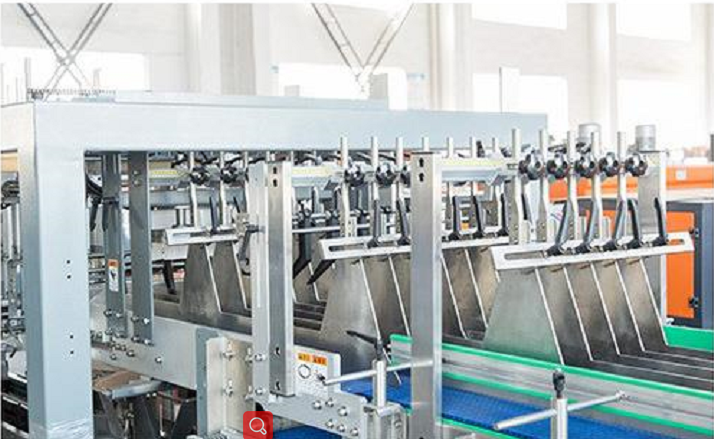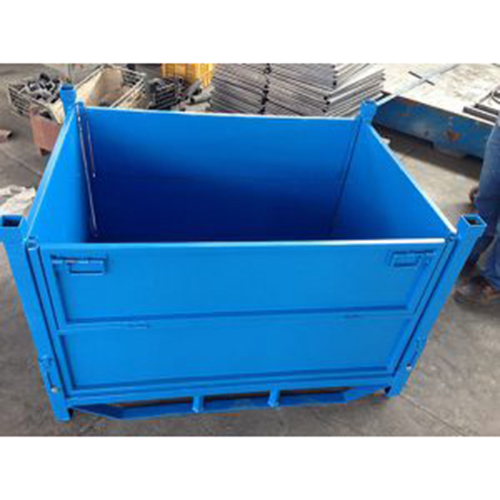Private trains have been a topic of discussion in the transportation industry, with proponents highlighting their potential benefits and critics raising concerns about their drawbacks. In this blog post, we will delve into the advantages and disadvantages of private trains, providing you with a comprehensive understanding of this evolving mode of transportation.
Advantages of Private Trains:
- Enhanced Efficiency and Flexibility:
Private trains often operate on dedicated tracks, allowing for faster and more efficient transportation. With fewer stops and streamlined operations, private trains can offer improved punctuality and reduced travel times. Additionally, private train operators have the flexibility to adjust schedules and routes based on demand, optimizing their services to meet customer needs. - Customized Services:
Private train operators have the freedom to tailor their services to specific customer segments. This customization can include amenities such as comfortable seating, onboard entertainment, and premium dining options. By catering to different preferences and needs, private trains can provide a more personalized and enjoyable travel experience. - Increased Competition and Innovation:
Introducing private train operators into the market fosters healthy competition with existing public rail services. This competition can drive innovation, as private companies strive to differentiate themselves by offering unique features, advanced technologies, and improved customer service. Ultimately, passengers benefit from a wider range of options and higher service standards. - Economic Growth and Job Creation:
Private train projects often require significant investments, which can stimulate economic growth and create job opportunities. Construction, maintenance, and operation of private train infrastructure can generate employment in various sectors, contributing to local economies. Moreover, private train operators may invest in surrounding areas, leading to urban development and increased tourism.
Disadvantages of Private Trains:
- Higher Costs:
Private train services are typically more expensive than public rail options. The need to cover operational expenses, infrastructure maintenance, and generate profits can result in higher ticket prices. This cost disparity may limit accessibility for certain demographics, potentially excluding lower-income individuals from utilizing private train services. - Limited Accessibility and Coverage:
Private train networks often focus on profitable routes, which may neglect less populated or remote areas. Public rail services, on the other hand, are designed to provide transportation access to a broader population. Consequently, private trains may not be a viable option for individuals residing in areas without direct connections to private rail lines. - Potential Monopolies:
In some cases, private train operators may gain a monopoly over specific routes or regions, limiting competition and potentially leading to higher prices and reduced service quality. Regulatory measures must be in place to prevent monopolistic practices and ensure fair market competition. - Safety and Security Concerns:
Private train operators must prioritize safety and security measures to protect passengers and their assets. The responsibility for maintaining and enforcing safety standards lies with the private companies, which may face challenges in consistently meeting stringent requirements. Adequate regulations and oversight are crucial to mitigate potential risks.
Conclusion:
Private trains offer several advantages, including enhanced efficiency, customized services, increased competition, and economic growth. However, they also come with disadvantages such as higher costs, limited accessibility, potential monopolies, and safety concerns. As the transportation industry continues to evolve, a balanced approach that considers both private and public rail options can ensure a comprehensive and efficient transportation network for all.


